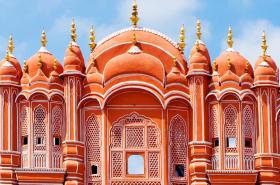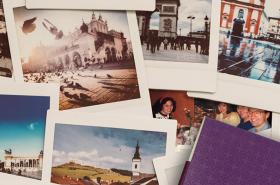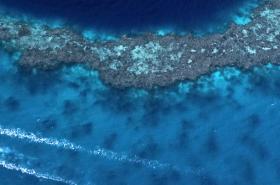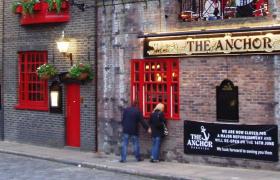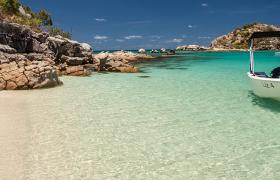Italy is a country that makes an art of enjoyment. A leisurely meal, a relaxed stroll and an idle afternoon spent in pleasant conversation are relished for every moment of the experience.
I was recently lucky enough to join a Slow Foods Tour of Puglia, hosted by Back-Roads, and I don’t think there is a better way to immerse yourself in the culture of Italy’s ‘boot heel’ region. The focus on the role of food and the Italian lifestyle offered insights that are perfect for anyone looking for a deeper understanding of a destination. You don’t have to be a foodie to enjoy this slow-paced tour, but you might find yourself a convert afterwards!
Castel del Monte.jpg
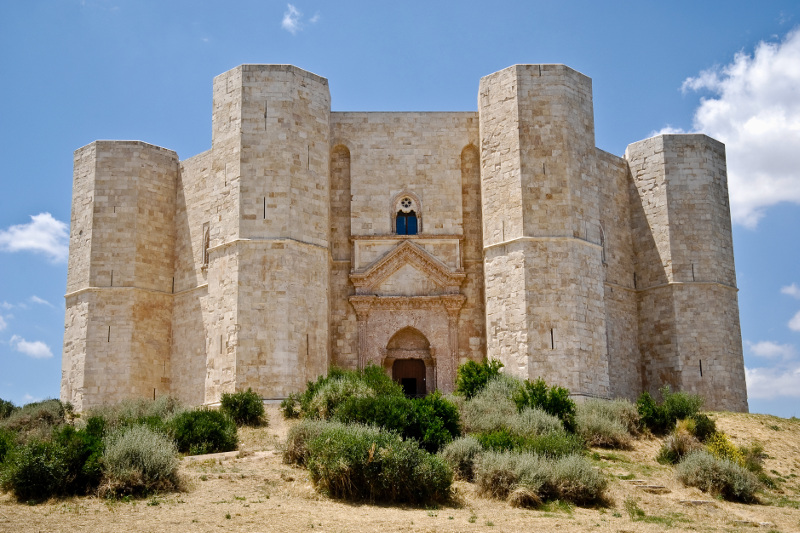
Castel del Monte and Sassi di Matera
We started in the beautiful seaside town of Bari, where we set out for the UNESCO listed Castel del Monte. Built by Emperor Fredrick II, the castle is in the shape of a perfect octagon, which was a true feat back when it was completed in 1250.
After combing the castle, we continued on to Andria, where we met with a local cheese producer who showed us how to make mozzarella and burrata, a softer, more liquid like texture than mozzarella. Of course, we got to sample the freshly-made cheese, which was to die for!
Burrata.jpg
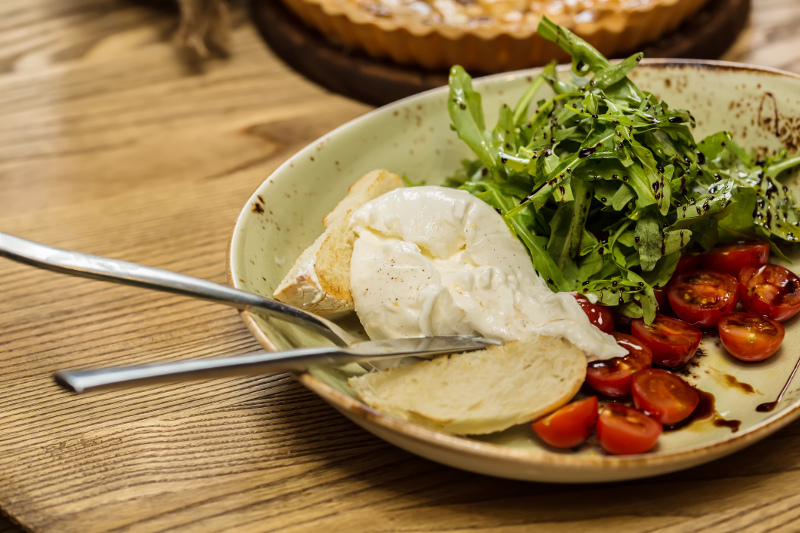
We spent the afternoon wandering around the spectacular city of Matera, the 'City of Stones', which was one of the highlights of the trip. We got to enter a Sassi dwelling – an ancient house dug into the rock, where humans lived as early as 7000 BC until the 1950s, when the government relocated the inhabitants due to very poor living conditions.
Our lodgings for the first night were at a mansion house in Martina Franca, and the welcome dinner lived up to the ‘slow foods’ name. Every meal is a work of art to the Italians, and we were regaled with breads, olives, pasta and pizza galore. I never realised that pizza and pasta could come in so many variations, but it seems every few metres there is a cherished recipe that has been created with a history of loving care.
Trulli Houses.jpg
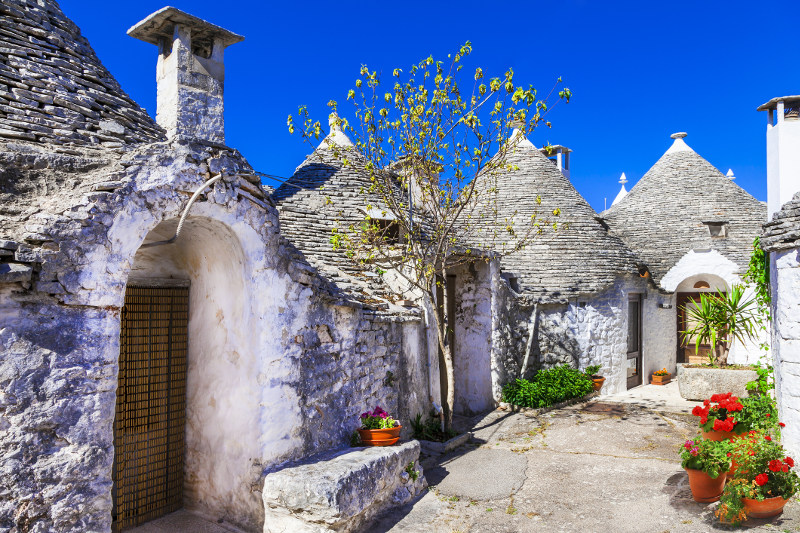
Grotti di Castellana, and the Trulli Buildings
On day two we visited another of Puglia's wonders, the Castellana Caves. The vast caverns soar to lofty heights, but during the tour you descend almost 70 metres deep, which is an unusual and humbling sensation. The track winds through a series of caves studded with stalactites, stalagmites and incredible rock formations and canyons.
Next we explored the gorgeous town of Alberobello, which showcases the stunning 'Trulli' Buildings, picturesque stone huts with a conical roof, specific to the region. The cluster of buildings is a beautiful sight, and the gorgeous roses and greenery that are often planted out the front completes the postcard picture.
Making pizza.jpg
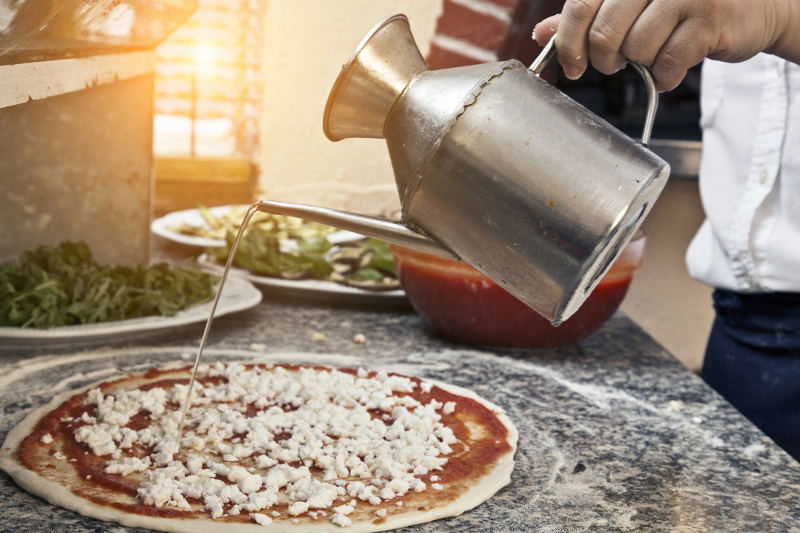
The group decided we'd like to stay here for lunch, so a quick change to our itinerary, and suddenly we were inside a local restaurant. Our guide knew the owners, and at the last minute we were able to duck into this tiny restaurant with only 20 seats, an incredible treat for a tour group.
We relaxed amongst the stone walls and wooden tables and watched our feast being prepared in the open kitchen. There was more fresh pasta and pizza with a crispy thin base, which has fewer toppings than Australian pizza but is somehow more delicious.
Ostuni.jpg
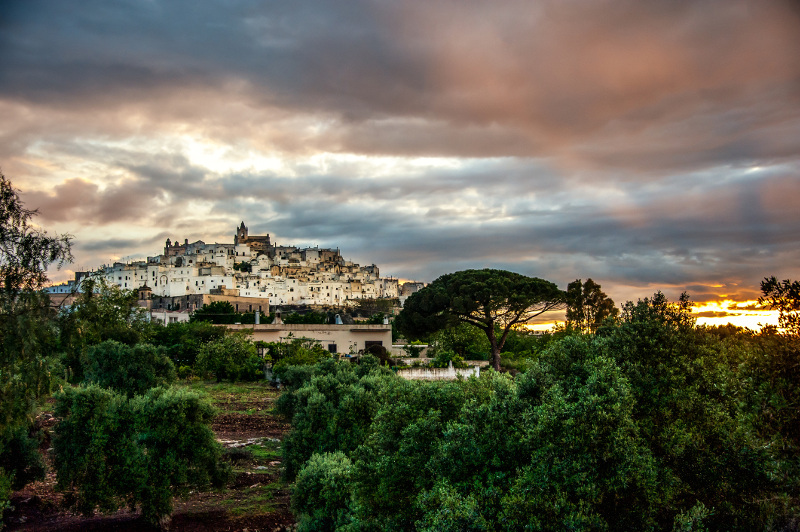
Ostuni, Masseria Ferri and Lecce
Our first stop that morning was the white village of Ostuni. Built on a hill with views of the sea, it’s a maze-like town of alleys, arches and architecture that is rich with historical charm.
We then drove through gorgeous countryside dotted with olive tree farms, vineyards and the occasional Trulli house to the spectacular farm and homestead of Masseria Ferri, our lunch destination. We lingered over a spread of fresh local produce, pasta that tasted as good as it smelled and more beautiful wine before departing for Lecce, a town known as the ‘Florence of the South’.
Lecce Cake.jpg
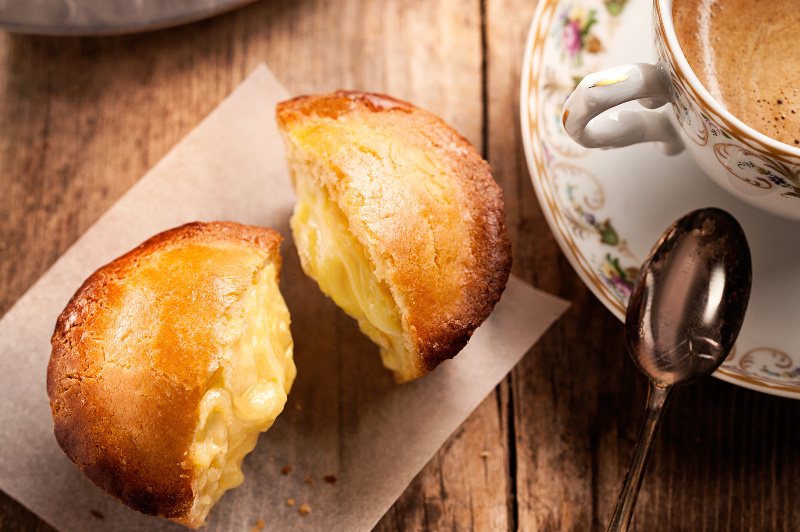
The streets of Lecce are filled with beautiful churches made of ‘Lecce Stone’, a soft, workable limestone. Of course, there was food on the agenda once again, and we sampled the local puccia – a little griddle baked loaf of bread that is studded with olives, and pasticciotti – a neat pastry cake filled with creamy custard.
More insightful travel from Back-Roads: The Corners of Cornwall
Foodie inspiration from the other side of the boot: Manfredi’s Culinary Guide To The Amalfi Coast
Otranto.jpg
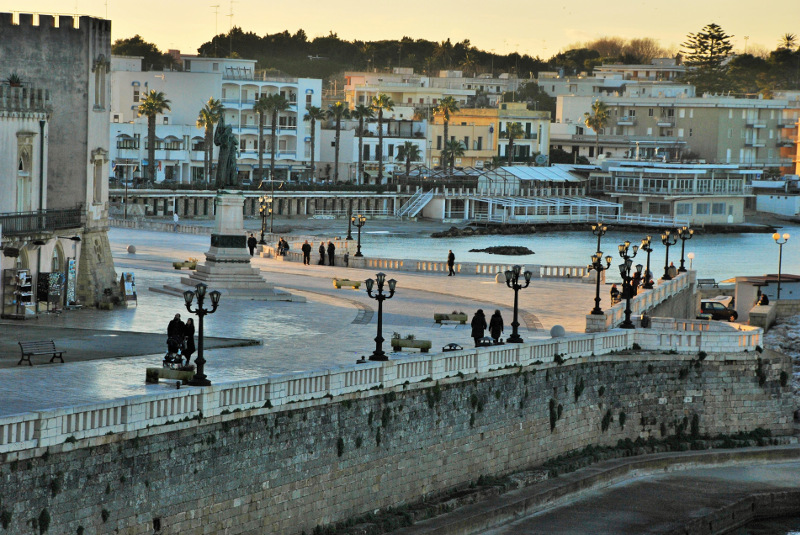
Otranto and Azienda Castel Di Salve
The following day we visited Otranto, a pretty seaside town with small pedestrian streets filled with alfresco dining opportunities that overlook the jewel-blue water. You would think we would have wanted a change from pizza and pasta by this point, but you would be wrong. Each food venue we visited was different, and every host made us feel like we were coming to their house for a big family meal.
We enjoyed more wine this afternoon at Azienda Castel Di Salve, a vineyard which prides itself on growing grapes that are native to the region, such as negroamaro and primitivo. I am no wine aficionado, but we were all thrilled with the beautiful vino, which was fruity without being too sweet, and just begged for an accompaniment of cheese, fresh bread and good conversation – or maybe the Slow Foods ambience was rubbing off on me!
seafood pasta.jpg
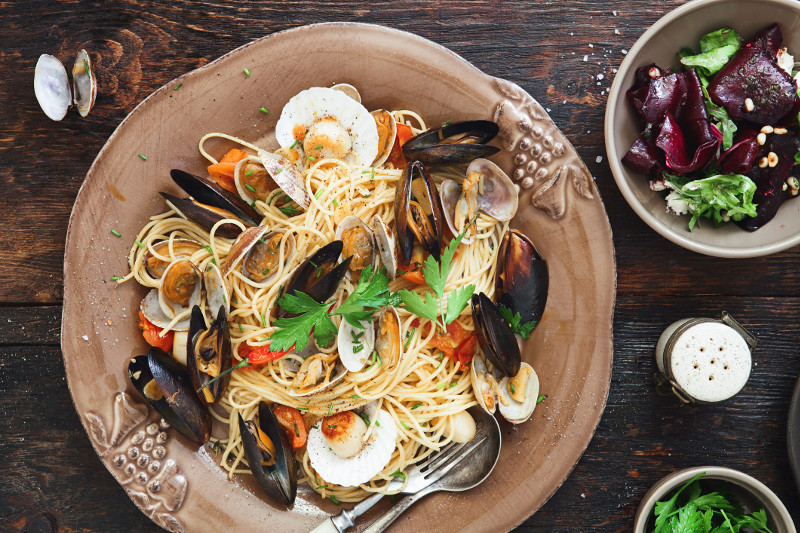
That night we arrived in the fishing village of Gallipoli, and feasted on a delicious seafood dinner. Once again, the food was an immaculate experience of flavour and texture, and I enjoyed every bite of the four course menu, which was enhanced by the background information provided by our local guide.
Gallipoli, Nardo and Museo della Civilta del Vino Primitivo
Gallipoli is a historic fishing village, and its seafood market is still very much in use. There were giant fish nets sprawled out along the ground, and the bright red and blue boats made a background so quaint that it belonged in a screensaver. We tried prawns, sea urchins and shellfish straight from the ocean, a memorable experience in a very appropriate setting!
Nardo.jpg
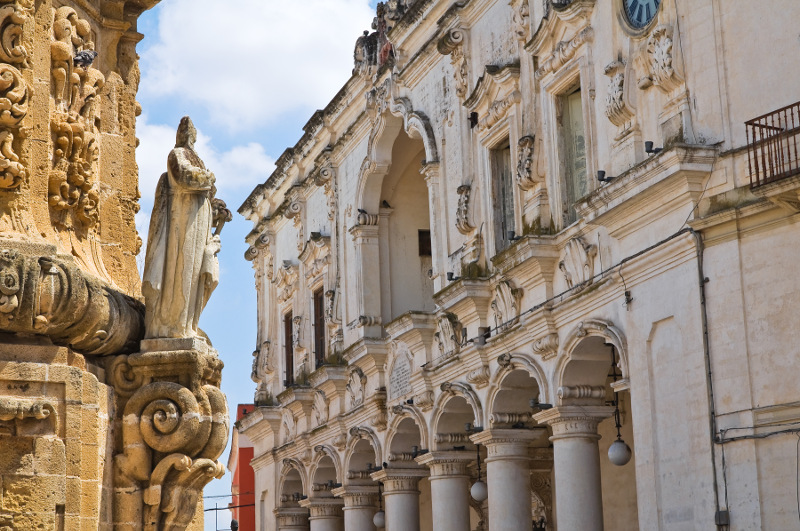
We then headed north to explore the streets of Nardo, an ancient town with intricate Baroque architecture. That afternoon we were spoiled with more wine tasting at Museo della Civilta del Vino Primitivo, where we also learned about the evolution of wine making in the region while browsing displays of wine related artefacts.
Polignano a Mare
On the way back to Bari on our final day, we stopped in to visit the Abbey of Santa Maria di Cerrate, and were then treated to one last gem in Puglia. Polignano a Mare is a gorgeous coastal town, situated on top of the limestone cliffs that overlook the Adriatic coast.
Polignano a mare.jpg
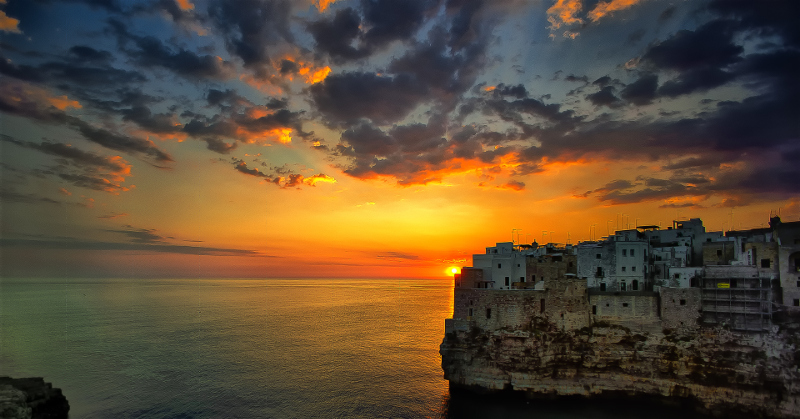
My last lunch on tour was a beautiful tortellini, cooked to perfection with a rich filling that I could never hope to find anywhere but Italy. I savoured every bite in the spirit of the Slow Foods Tour, and wished I was staying longer!



